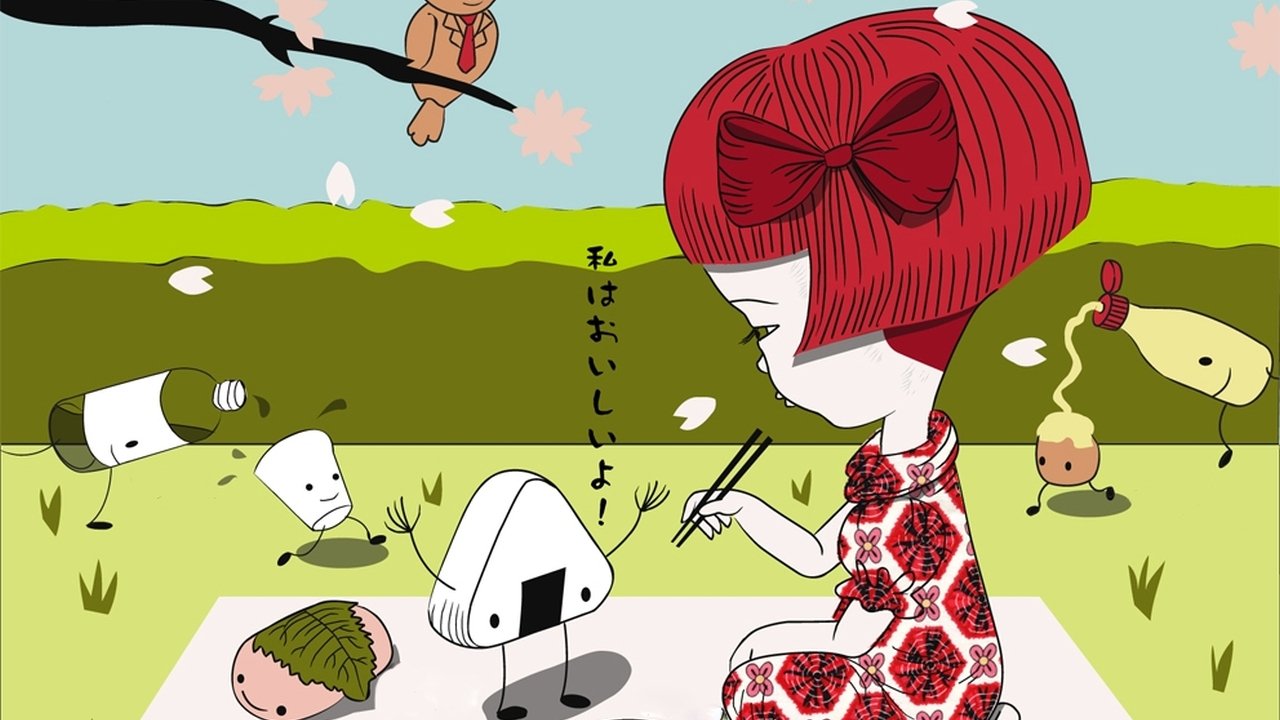About a month ago, the indie game developer Phil Fish—creator of Fez—took a question from a Japanese game developer after the screening of Indie Game: The Movie. During the Q&A, the Japanese developer asked Fish what he thought of the Japanese game industry. In no uncertain terms, Fish replied, “Your games suck.” What surprised almost everyone after such a provocative statement was that Keiji Inafune—the father of Megaman—would later agree with him. He said that that the Japanese industry needed that kind of harsh honesty if it was ever going to stop resting on its laurels and fight back to return to innovative, quality game development.
Ever since then the Internet—unsurprisingly—has been aflame with people criticizing both Fish and his opinion, as well as people lauding him for being brutally frank. But whether the detractors or supporters are right or wrong, there’s certainly one thing that can’t be denied; in the hardcore gaming department, sales numbers for successful Japanese games are not often in the same league as those of the best-selling Western games.
Nintendo has, up until recently, enjoyed some massive sales in the casual market thanks to the Wii. They’re still quite healthy financially, even if they’re not quite making the hug gobs of profit they were basking in two years ago. But other developers—the ones that focus purely on software—have not been enjoying the same comfortable margins. Software houses like Sega, Capcom and Namco have all watched their game sales Not Rise dramatically when compared to the hardware sales and subsequent software sales of mega hit series like Call of Duty and Grand Theft Auto.
So what exactly is going on here? Could it really be that Western games are just that much better than games from Japan and the sales reflect that?
Personally, I’ll be the first to tell a fellow gamer that sales do not equal quality. I’m a fan of Sword & Sworcery EP, and despite my cautious recommendations, I personally loved Asura’s Wrath for its audaciousness if nothing else. When El Shaddai: Ascension of the Metatron came out, it was a day one purchase for me, and I have an almost soap operatic dedication to the latest adventures of Kiryu Kazama in the Yakuza series. I got a platinum trophy in Demon’s Souls and still hold Shadow of the Colossus as one of the greatest games in the history of the medium. I like, nay LOVE Japanese games. But these are not the games that end up on a top five best sellers list in recent years. They still have fans; they’re just not so numerous in North America.
In some ways, I think the problem is not that Japanese games aren’t selling. They’re just not selling MORE. Back in the 90s, when the gaming landscape was dominated by Nintendo, Sega and Sony, the bulk of games were Japanese, and the kind of sales numbers they needed to constitute a hit title was much smaller. In a lot of ways, the Japanese games of today are still selling at “hit title” levels, assuming your standards are still being measured in the year 1997. So I don’t think it’s that the audience for Japanese games has shrunk, it’s just that it hasn’t grown. Compare this with the kinds of number that Mass Effect, Modern Warfare or even Guitar Hero back in its heyday enjoyed, and you see selling a few hundred thousand copies—or even a million copies—isn’t all that much of an accomplishment when the big hits of today are defined by sales in the tens of millions.
The most interesting question to me when you look at this situation is, “Is this something that the Japanese will accept?” According to Keiji Inafune, unless they get a serious attitude readjustment in the form of harsh, honest criticism, the industry may be content to simply rest on its laurels, continue in this way, and watch the Western games grow their sales on an annual basis. For some, this may not be a bad thing. Suda51, best known for the insanity of past games like No More Heroes and the upcoming Lollipop Chainsaw, is clearly NOT a man that cares about having games in the top ten list. He makes his games on his own terms and trusts that there’s an audience out there large enough to buy the games in the numbers he requires to move on to his next deranged project. Others, like Fumito Ueda with his perennially developing game The Last Guardian, clearly place a greater emphasis on getting it right and obsessively working on the experience, rather than fretting about unit sales in various global regions.
It’s mostly the “big boys,” the publishers themselves, Square-Enix, Capcom and Namco who have tried to compete in this new landscape, even going so far as to entrust some of their franchises to Western developers in the hopes that these gaijin coders will have a better grasp of the market than they do. I never thought I’d see the day when Bionic Commando would be made in the west. The same goes for Ridge Racer. But it’s happened.
I just wonder if that’s going to be enough, or will something more drastic be called for if some Japanese publishers are really serious about reversing their financial fortunes and competing on an even sales level with the Activisions and Electronic Arts of the world.




